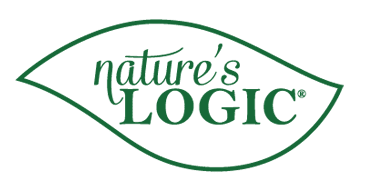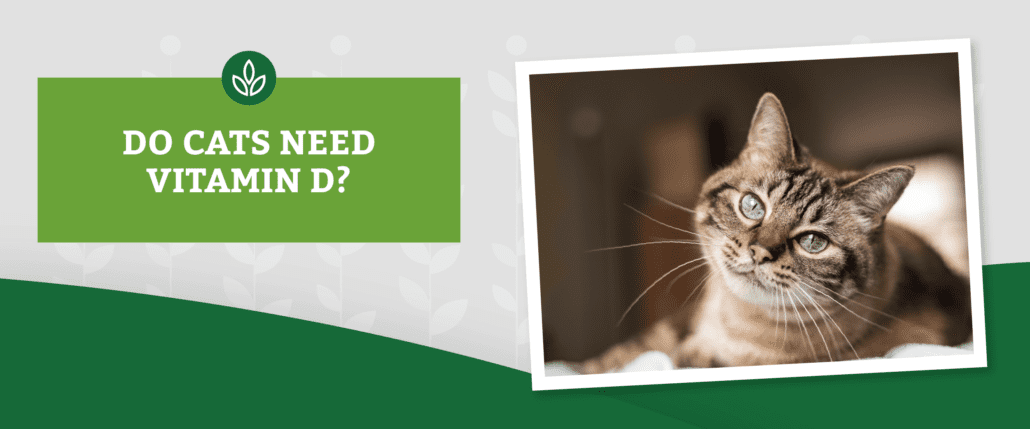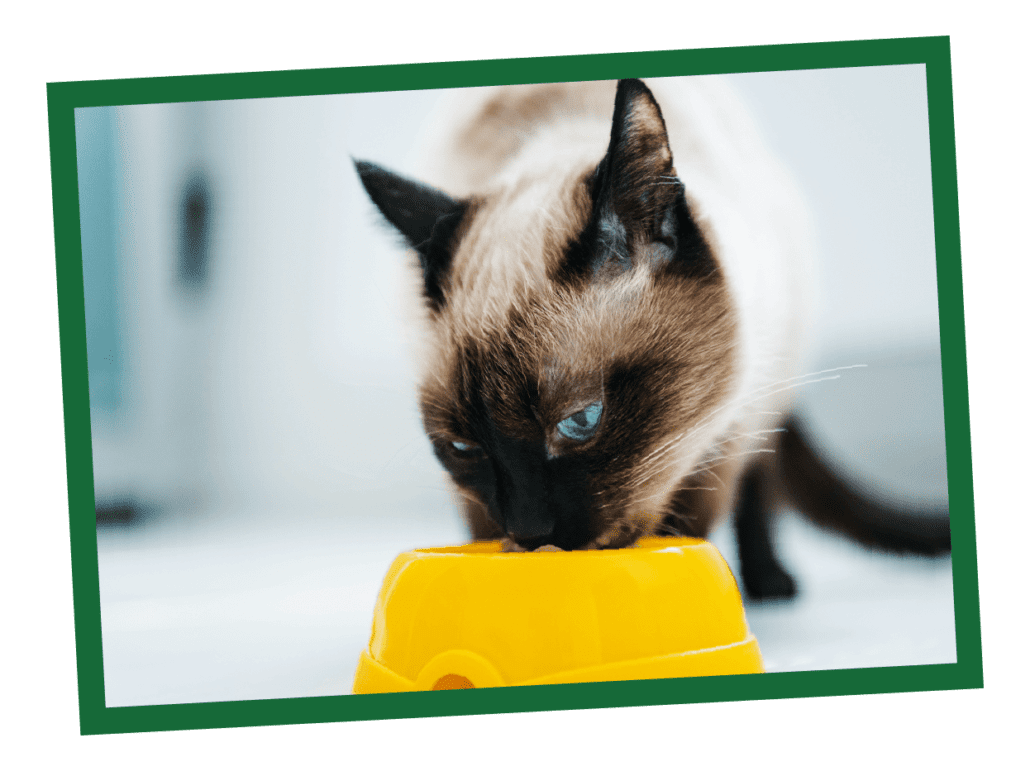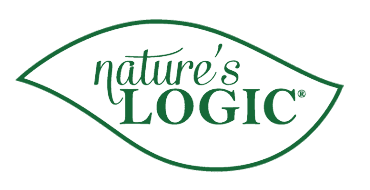A Guide to Vitamin D for Cats
As a cat owner, you’re probably already mindful about what you feed your cat. After all, cats can be very picky about their diet, and what they eat can directly impact their overall health, energy levels, and physical appearance.
It can be difficult to know which nutrients are best for cats, and which vitamins (of the many available) cats should be consuming on a daily basis.
One important vitamin to keep in mind is vitamin D. You may know vitamin D as the compound that humans get from sunlight to promote healthy muscles and boost our immune system. However, unlike humans, cats can’t absorb vitamin D from the sun leading some owners to question, “Do cats need vitamin D?”
We explore this question below and offer tips on spotting a vitamin D deficiency, as well as share some vitamin D-rich foods you can incorporate into your cats’ diet.
Benefits of Vitamin D For Cats
Our furry friends do in fact need vitamin D to live a healthy life. Vitamin D promotes the absorption of calcium, magnesium, and phosphate in the intestines. This essential nutrient, therefore, boosts cats’ absorption of important compounds from their food during digestion, promoting strong bones, muscles, and nerve functions. Vitamin D also plays a role in boosting the immune system.
The main benefits of vitamin D for cats include:
- Promoting good bone health
- Boosting absorption of calcium from the intestines
- Supporting regulation of the amount of calcium excreted by the kidneys
- Boosting facilitation of the proper function of muscles and nerves
- Promoting strong immune defenses
If you have questions about your cat’s vitamin D needs, reach out to your vet.
How To Know If Your Cat Is Getting Enough Vitamin D
If cats don’t receive sufficient vitamin D in their diets, they could become deficient and experience low calcium and phosphorus absorption. If these levels drop dramatically, cats can develop bone abnormalities and other metabolic and nutritional problems. If you have any concerns about your cats vitamin D intake, or related symptoms, reach out to your vet.
Because cats can’t easily communicate changes in their health, pet parents have to be conscious of symptoms that indicate low vitamin D consumption. These signs could be:
- Quietness or reduced energy levels
- Changes in coat quality (hair loss)
- Stunted growth (based on their breed average)
- Difficulty moving/playing compared to previously
- Swollen and sensitive joints
Vitamin D deficiency in cats is considered rare but can happen. Similarly, it’s important to be mindful about offering your cat too much vitamin D. Vitamin D supplements are generally not recommended as they can contain too much of the nutrient, and subsequently could cause damage to the kidneys. Opting for a complete and balanced all natural cat food that is rich in whole food ingredients can help ensure your feline friend has the nutrition they need without added supplementation.
Best Natural Sources of Vitamin D For Cats
Since cats get their vitamin D through food, it’s important to choose a cat food recipe that includes one or more of the following ingredients rich in this key nutrient:
- Liver
- Beef
- Fish
Nature’s Logic recipes utilize a variety of fish, beef, and spray-dried liver ingredients within our cat recipes – all of which are great natural sources of vitamin D. In fact, all the vitamins in Nature’s Logic products are naturally occurring, meaning that there are no synthetic vitamins in any of our recipes.
Do Cats Need Vitamin D? Yes!
While vitamin D may not be the most well-known feline nutrient, it’s essential for promoting your cats’ bone health and muscle function. If you have any questions or concerns about your cats’ vitamin D levels, consult a veterinarian.
Want to know more about foods with vitamin D for your cat? Send us a message. We’d love to offer you a personalized recipe recommendation.









